Wellbeing
Are Supplements Your Key To A Healthy New Year?
Many of us set goals every new year to improve our health and well-being. We promise to eat better, exercise more, and generally take better care of our bodies. However, ‘life’ eventually happens, and we return to our pre-New Year’s resolution lifestyles. The question now is, could supplements be the key to achieving a healthy and better version of yourself?
In this blog post, we’ll explore how our range of supplements might just be what you need to achieve your mental health, self-care, and nutrition goals in the new year – and beyond!
Table of Contents
Can supplements help you look more radiant in the new year?
Certain supplements are formulated to help you glow from the inside out. They provide essential nutrients that support healthy skin, hair, and nails.
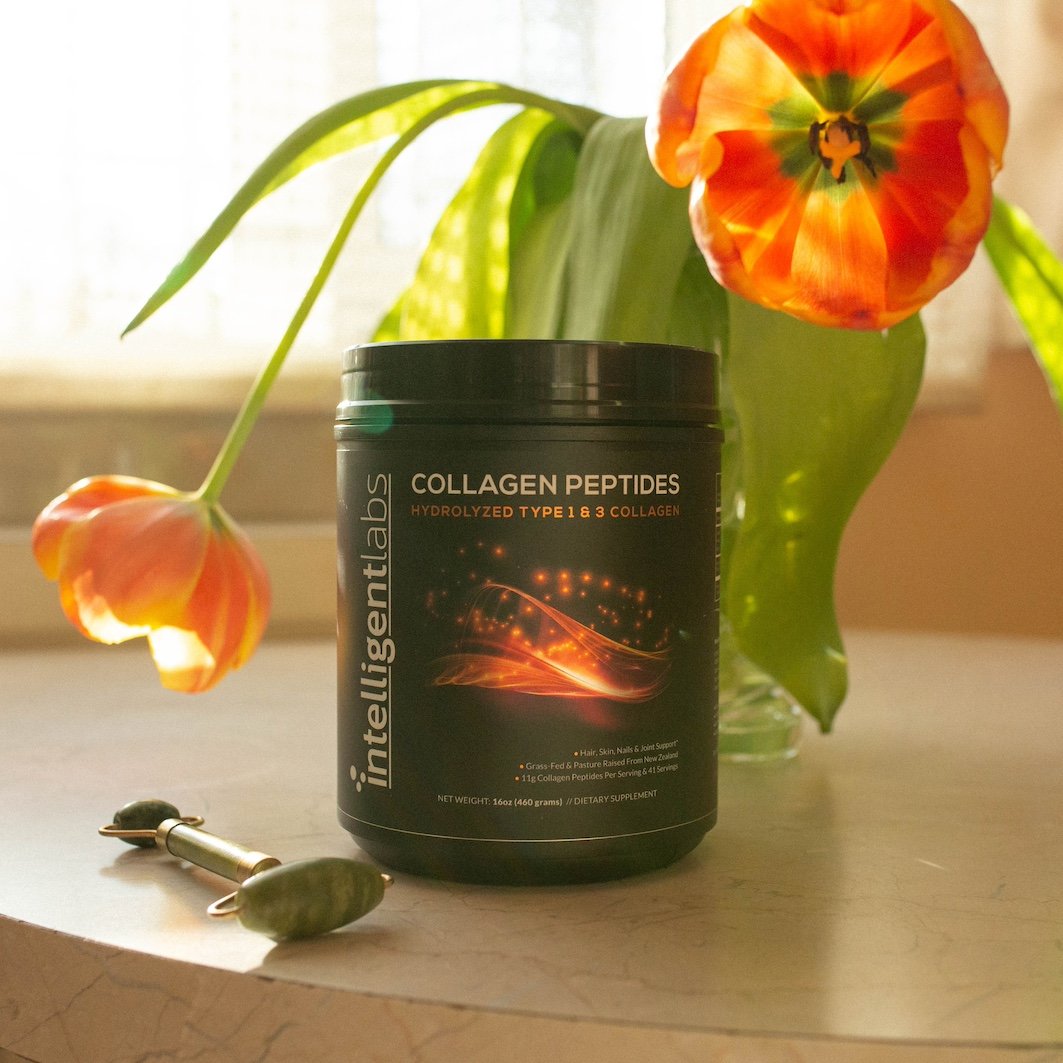
Our Collagen Peptides is one such supplement. It contains amino acids (the building blocks of protein). It helps improve skin elasticity, reduce wrinkles, and give your skin a youthful appearance. It’s also great for strengthening hair and nails, making them less prone to breaking.1
Another supplement that may help you look positively radiant in the new year is Vitamin C. While known for its immunity-boosting benefits, Vitamin C also plays a key role in Collagen production. Moreover, it helps protect against extrinsic skin aging and promotes faster wound healing. 2
Similarly, our Liposomal Glutathione may also help improve your skin’s appearance. Glutathione is the body’s master antioxidant, so it helps detoxify the body and eliminate toxins. Moreover, it also helps brighten the skin and reduce the appearance of dark spots.3
Related article: New Year, New You: 8 Tips To Adopt Life-Changing Habits
Can supplements strengthen your immune system in the new year?
Immunity-boosting supplements, such as the ones we share below, offer protection against harmful microbes.
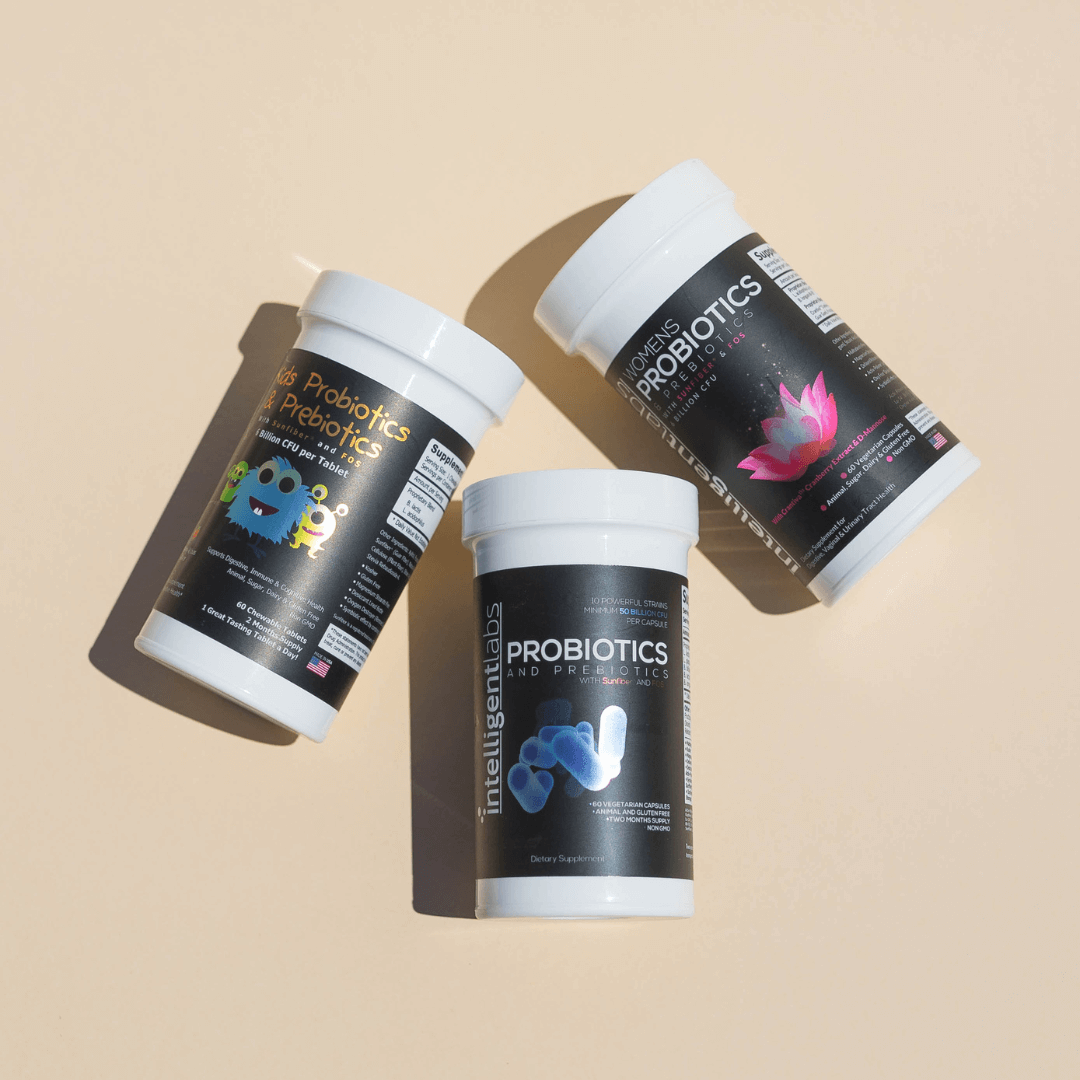
To begin with, taking Probiotics is generally a good idea. Essentially, probiotics are beneficial bacteria that reside in the gut. They regulate the growth of harmful bacteria and are crucial for digestion, immune function, and general health. 4
Our Probiotics supplements contain a variety of probiotic strains specifically chosen to support gut health. Healthy gut flora improves digestion and enhances the body’s defense against pathogens.
Next on the list is our CoQ10 Ubiquinone supplement. CoQ10 is present in the mitochondria of all cells, including our immune cells. It’s mainly known as an energy booster. Still, there is evidence it may also help reduce inflammation and enhance the immune response to infections.5
Can supplements boost your mental performance in the new year?
Whether you want to enhance learning, improve memory, or maintain mental sharpness, nootropic supplements may help you achieve your cognitive goals for the new year.
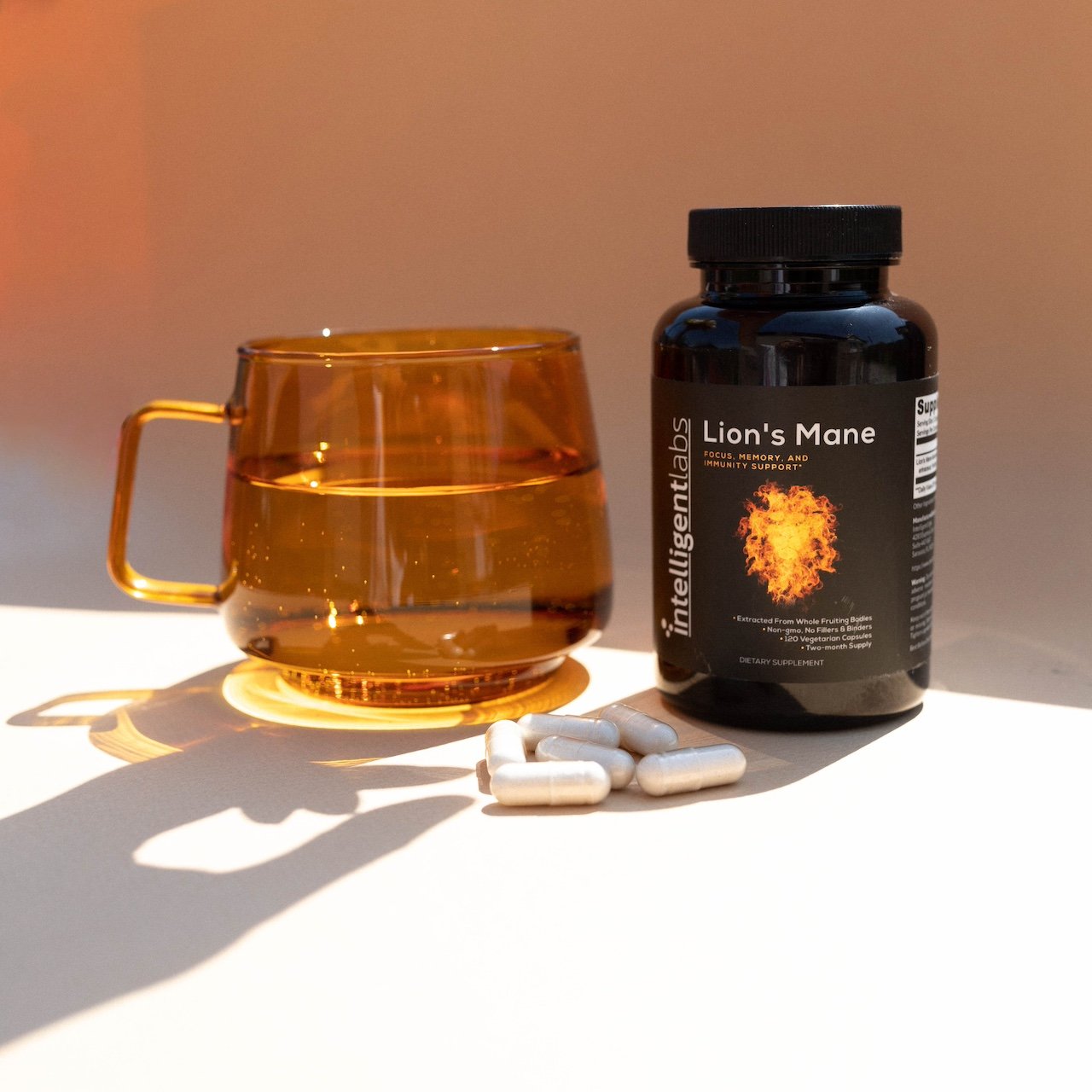
First off, Phosphatidylserine. This compound is a key component of our brain cell membranes and is crucial in maintaining cognitive function. It’s produced naturally in the body, but levels decline with age. By supplementing with Phosphatidylserine, you may see improvements in concentration, memory, and other cognitive improvements.6
If you prefer a herbal nootropic, look no further than Lion’s Mane Mushroom. It’s known for its cognitive-enhancing properties. Moreover, this is the only mushroom that can stimulate the nerve growth factor (NGF), which helps repair and grow neurons. 7
Can supplements rejuvenate your joints in the new year?
Joints are vital to movement. Unfortunately, they do wear down over time, leading to discomfort and stiffness. However, joint pain isn’t exclusive to older people. Even younger individuals who regularly engage in intense physical activity can also experience it, so they may benefit from joint support supplements as well.
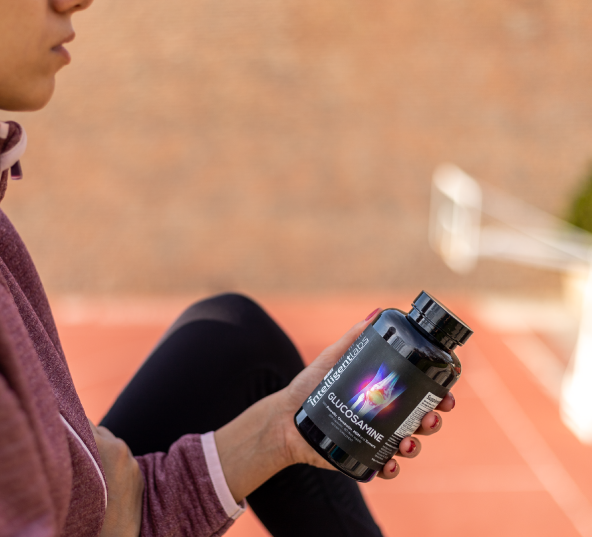
First off, there’s our Glucosamine Complex. It combines 8 of nature’s most potent joint care and anti-inflammatory ingredients. In addition to Glucosamine, it also features Chondroitin, Boswellia, Turmeric, Quercetin, MSM, Methionine, and Bromelain. Together, our unique formulation helps your body kickstart its own healing process.
Then, there’s our Curcumin Phytosome, another great supplement for joints. Curcumin is the bioactive ingredient in Turmeric, a spice known for its anti-inflammatory properties. We use Meriva®’s special formulation, making it easier for your body to absorb and use. This is important because inflammation is a big reason why joints hurt. Reduced inflammation may help ease joint pain and stiffness.8
Can supplements enhance your overall well-being in the new year?
Tackle the upcoming year’s challenges with supplements tailored to provide comprehensive health support! We recommend the following supplements:
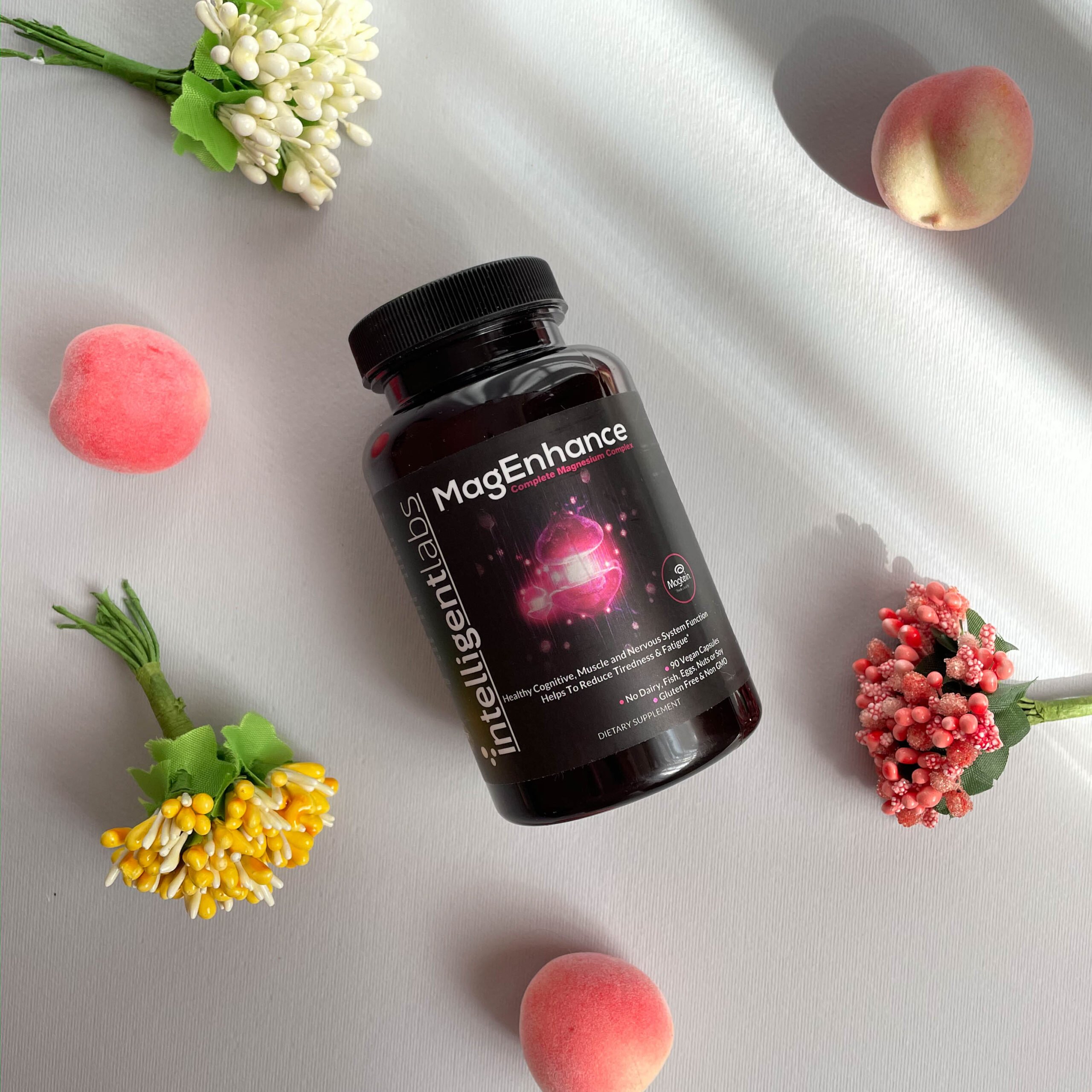
First, is our MagEnhance Triple Magnesium Complex. Most of the global population is unknowingly deficient in Magnesium (Mg),9 which is concerning since this mineral is involved in over 600 biochemical reactions in the body! To ensure you’re getting enough Magnesium, we’ve added 3 forms in MagEnhance – Mg L-Threonate, Mg Glycinate, and Mg Taurate.
Another supplement that supports whole-body health is our Omega-3 Fish Oil. It contains a high concentration of Omega-3 fatty acids, crucial for maintaining brain and heart health and reducing inflammation.10 Our fish oil is also refined to remove all contaminants, ensuring purity and safety.
Lastly, our Multivitamin supplements provide a balanced blend of essential nutrients. They help fill any nutritional gaps in your diet, ensuring your body has everything it needs to support various aspects of your health and well-being.
So, are supplements the key to a healthy you in the new year?
They certainly can be when you pair the right supplements with a healthy lifestyle! Think of them as partners on your journey to a healthier, more vibrant self. Just remember, listen to your body’s needs and seek advice from healthcare professionals to make the best choices. Here’s to discovering a healthier and happier you in the new year with the right supplements by your side!
💬 Something on your mind? Share your thoughts in the comments. We love hearing from curious minds.
📩 And while you’re here, join our newsletter for more smart stuff (and secret perks)!
References:
- Choi, Franchesca D., et al. “Oral Collagen Supplementation: A Systematic Review of Dermatological Applications.” Journal of Drugs in Dermatology: JDD, vol. 18, no. 1, 1 Jan. 2019, pp. 9–16, pubmed.ncbi.nlm.nih.gov/30681787/. ↩︎
- Pullar, Juliet M., et al. “The Roles of Vitamin c in Skin Health.” Nutrients, vol. 9, no. 8, 12 Aug. 2017, p. 866, www.ncbi.nlm.nih.gov/pmc/articles/PMC5579659/. ↩︎
- Sonthalia, Sidharth, et al. “Glutathione as a Skin Whitening Agent: Facts, Myths, Evidence and Controversies.” Indian Journal of Dermatology, Venereology, and Leprology, vol. 82, no. 3, 2016, p. 262, https://doi.org/10.4103/0378-6323.179088. ↩︎
- Amara, A.A., and A. Shibl. “Role of Probiotics in Health Improvement, Infection Control and Disease Treatment and Management.” Saudi Pharmaceutical Journal, vol. 23, no. 2, Apr. 2015, pp. 107–114, https://doi.org/10.1016/j.jsps.2013.07.001. ↩︎
- Mantle, David, et al. “Coenzyme Q10 and Immune Function: An Overview.” Antioxidants, vol. 10, no. 5, 1 May 2021, p. 759, www.mdpi.com/2076-3921/10/5/759 ↩︎
- Ma, Xiaohua, et al. “Phosphatidylserine, Inflammation, and Central Nervous System Diseases.” Frontiers in Aging Neuroscience, vol. 14, 3 Aug. 2022, https://doi.org/10.3389/fnagi.2022.975176. ↩︎
- Mori, Koichiro, et al. “Nerve Growth Factor-Inducing Activity of Hericium Erinaceus in 1321N1 Human Astrocytoma Cells.” Biological & Pharmaceutical Bulletin, vol. 31, no. 9, 2008, pp. 1727–1732, https://doi.org/10.1248/bpb.31.1727. ↩︎
- Hewlings, Susan, and Douglas Kalman. “Curcumin: A Review of Its’ Effects on Human Health.” Foods, vol. 6, no. 10, 22 Oct. 2017, p. 92, www.ncbi.nlm.nih.gov/pmc/articles/PMC5664031/ ↩︎
- Bertinato, Jesse. “Magnesium Deficiency: Prevalence, Assessment, and Physiological Effects.” Handbook of Famine, Starvation, and Nutrient Deprivation, 2017, pp. 1–21, https://doi.org/10.1007/978-3-319-40007-5_6-1. ↩︎
- Swanson, Danielle, et al. “Omega-3 Fatty Acids EPA and DHA: Health Benefits throughout Life.” Advances in Nutrition, vol. 3, no. 1, 2012, pp. 1–7, www.ncbi.nlm.nih.gov/pmc/articles/PMC3262608/ ↩︎




